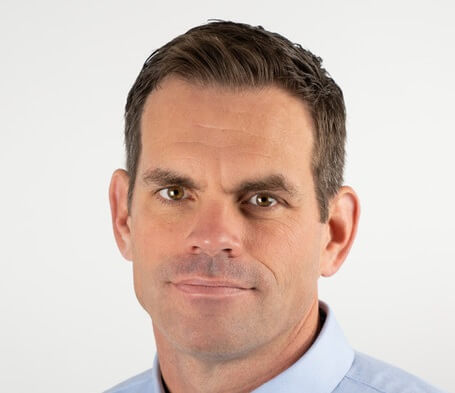PERSON OF THE WEEK: Dave Worrall is president of subservicer LoanCare, a ServiceLink company. In this role, Dave oversees the overall operations and strategies of the company.
He took some time to chat with MortgageOrb about what he’s seeing on the front lines.
Q: The sharp decline in interest rates is making this an interesting time for subservicers. What is it like in the trenches?
Worrall: The industry had expected a pretty quiet year in 2019, but that didn’t turn out to be the case. Instead, we experienced a sharp spike in transfer volume, thanks to loan payoffs and refinances. LoanCare’s technology took some of the edge off, and we were able to adjust and scale as the volume increased.
The labor market for servicers – and all financial services companies, for that matter – is very competitive in this current climate. In an effort to be proactive, we’ve broadened our geographic footprint by opening a new LoanCare location in Pittsburgh. By expanding our benefits and compensation packages, we’re retaining top talent in order to provide the best possible service to our clients and customers.
The other interesting thing we’ve seen recently is a change in market participation. We’re seeing large aggregators more aggressively accumulating mortgage servicing rights faster than smaller independent mortgage companies.
The companies that can consolidate at a low coupon rate are betting on future value and are able to pay up for that expected future value. As a subservicer, this has shifted LoanCare’s client base a little from a unit count standpoint. Now we’re doing more business with large mortgage servicing rights investors. In the past, our growth has been more heavily weighted toward the mid-sized independent mortgage company.
Q: Some observers, like Chase’s Jamie Dimon, are saying that a recession is inevitable. Are subservicers ready?
Worrall: Predictions of a downturn have been out there for a while, so we’ve been preparing as if it is a reasonably near-term event, just in case. Although you can never be entirely ready for a recession like we had 10 years ago, LoanCare has been managing our platforms so that when a downturn occurs, we have the talent, technology and capabilities to manage it seamlessly.
Being a division of ServiceLink, we’re also vertically integrated with some of the best default capabilities in the industry – which gives us a strategic advantage when it comes to managing higher levels of delinquency in the event of a downturn.
Q: You are on record talking about the need to improve the borrower experience. How is LoanCare changing this experience?
Worrall: As an industry, subservicing lags financial services overall in the concept that mobile and web interfaces need to be continually evolving. Historically, large subservicers would do a massive release every three to five years, as opposed to routinely enhancing their interface with the consumer.
LoanCare has always taken a more modern approach by rapidly and continually making improvements to our leading platforms, like EXOS, for example, that drive stronger customer engagement and loyalty. We’re focused on making the web and mobile experience a fast and convenient destination for LoanCare customers to resolve issues and conduct typical transactions. We know that people prefer to do business with financial services companies on mobile and web platforms, which is why we are continuously upgrading our security and adding new self-service options to our technology offerings.
Today, a majority of LoanCare’s customers are registered on our website, and more use mobile or web every month to initiate a transaction or grab some piece of information. We have more than 1.7 million loans, so when you stop and think about it, that’s a giant consumer base routinely hitting our website. If we were any other consumer business, that would be an incredible accomplishment to get that kind of traffic across a transaction site.
Q: The subservicing landscape seems to be shifting: wWhat’s happening in terms of players leaving the field and consolidation? Will this continue?
Worrall: Recently we’ve seen some well-publicized market events involving large servicing platforms changing hands. I think there will continue to be further consolidation, perhaps even among the top 10 servicers. That’s because agency servicing is a low-margin, high-volume business.
There’s just a lot of power behind the drive to consolidate as it becomes more difficult to make money.
What would bring new entrants into the servicing space? They’d have to fulfill some need, like special servicing, in the event of a deep recession.














